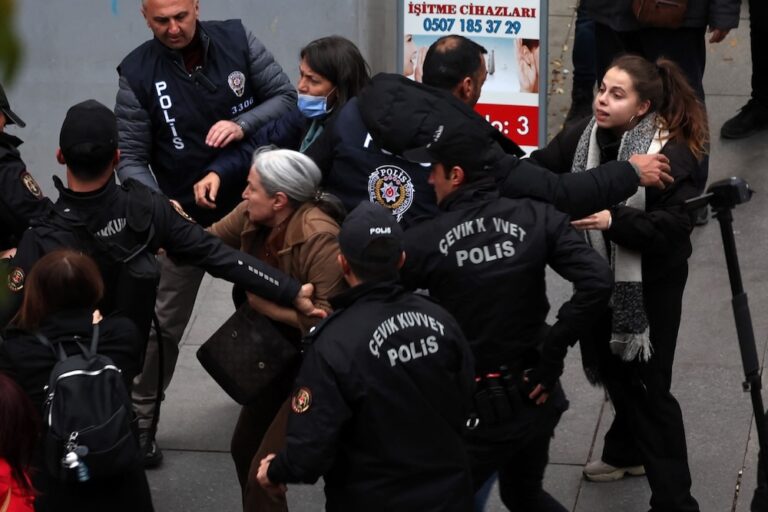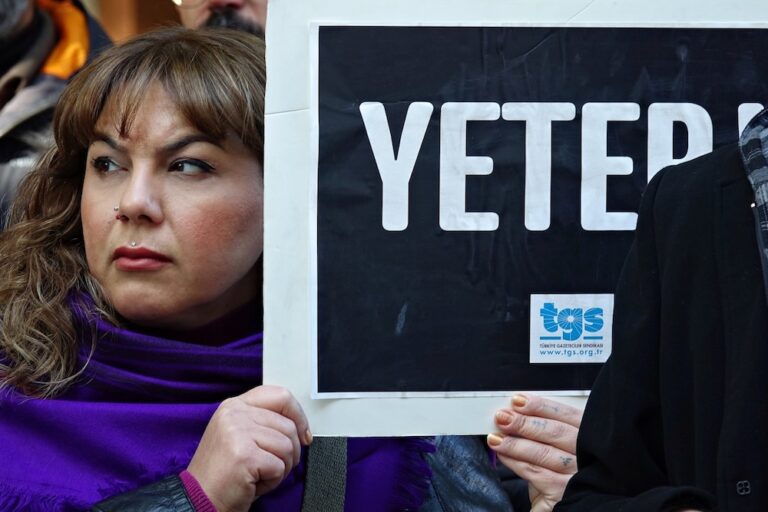(RSF/IFEX) – On 7 March 2007, an Istanbul court ordered Internet Service Providers (ISPs) to block access to the US video-sharing website Youtube ( http://www.youtube.com ) because of content deemed insulting to Mustafa Kemal Ataturk, the founder of the modern Turkish state. After the site agreed to remove the offending videos, the same court lifted […]
(RSF/IFEX) – On 7 March 2007, an Istanbul court ordered Internet Service Providers (ISPs) to block access to the US video-sharing website Youtube ( http://www.youtube.com ) because of content deemed insulting to Mustafa Kemal Ataturk, the founder of the modern Turkish state. After the site agreed to remove the offending videos, the same court lifted the order (but it was still blocked at 3:15 p.m. GMT on 8 March).
Reporters Without Borders said it viewed the court order blocking YouTube as disproportionate, pointing out that other countries such as Brazil and Iran have adopted this kind of measure in the past.
“Blocking all access to a video-sharing site because of a few videos that are considered offensive is a radical and inappropriate measure,” the press freedom organisation said. “We hope the Turkish courts will behave with moderation, especially regarding presumed attacks on Turkish identity, as this kind of censorship will just exacerbate the tension surrounding the identity issue.”
The court order was implemented by Turkey’s leading ISP, Turk Telecom, which immediately blocked the site. “We are not in a position to say if the YouTube video was insulting, we just respect the court’s decision,” the head of the company, Paul Doany, said. Reporters Without Borders verified that the site was still inaccessible in Turkey at 3:15 p.m. on 8 March.
In some of the offending videos, Ataturk and the Turkish people were referred to as homosexuals. In others, insults had been affixed to the Turkish flag and Ataturk’s portrait. They may have been posted as part of a “virtual war” between Turkish and Greek nationalists. Thousands of emails were reportedly sent to YouTube by Turkish Internet users protesting against the videos. Insulting Ataturk is punishable by imprisonment in Turkey.
Iran’s leading ISPs have been blocking access to YouTube since December because of “immoral” content. In January, a Brazilian court ordered the site blocked because of a video considered defamatory by a leading Brazilian fashion model. The blocking lasted just a few days.


